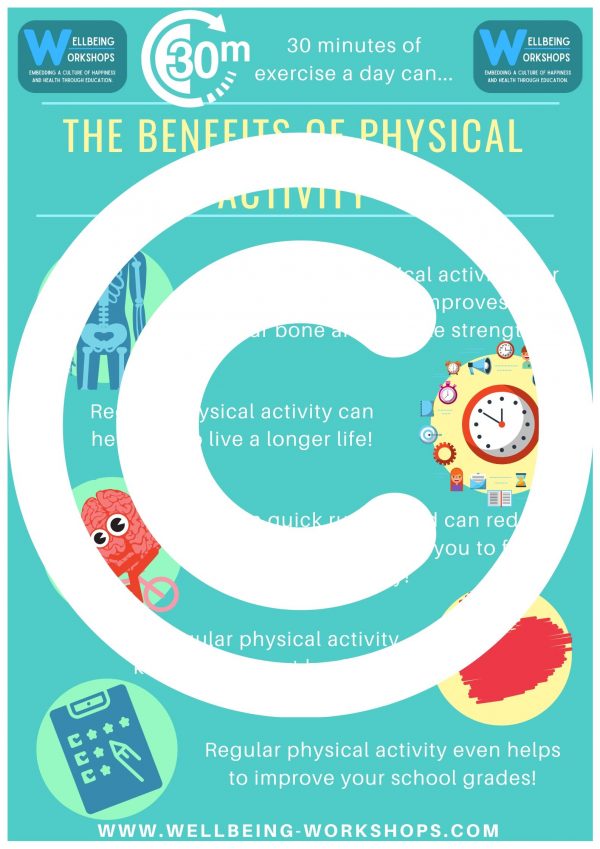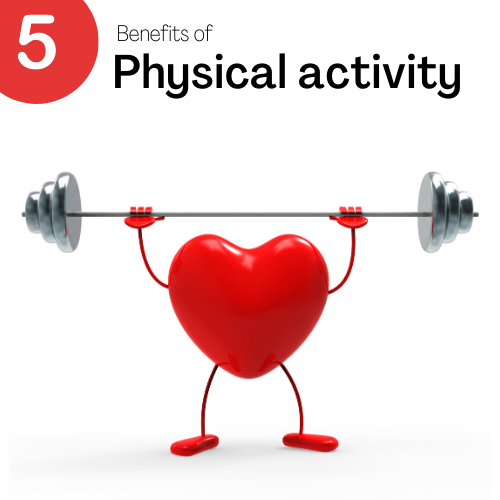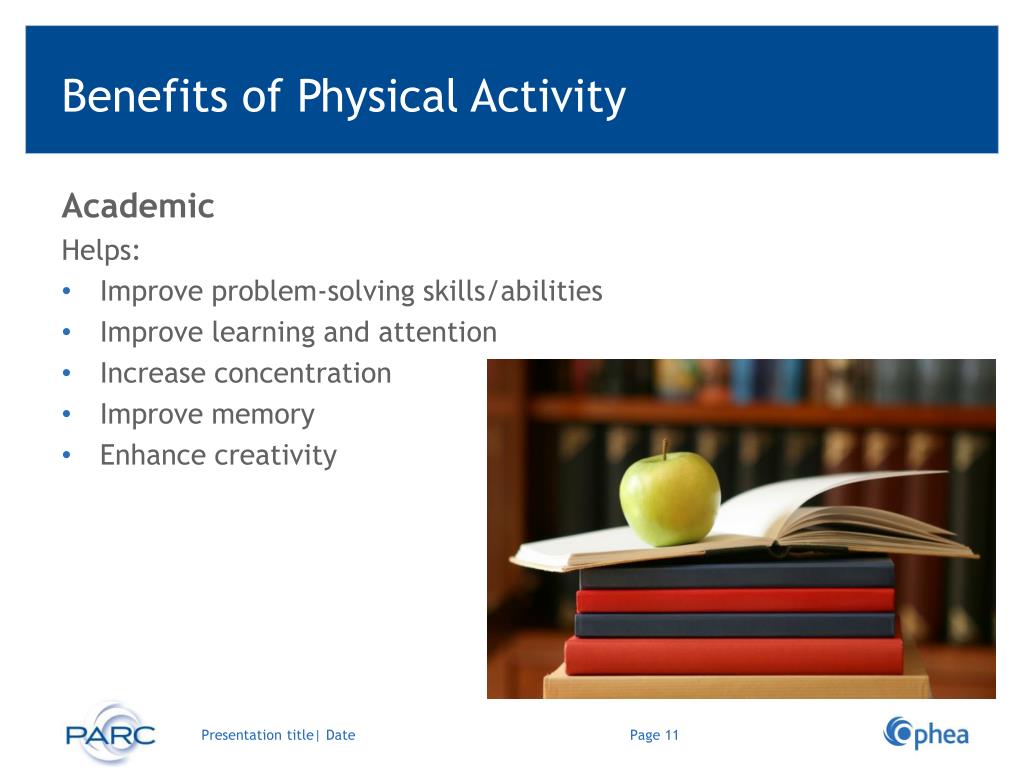

Better sleepĪlthough it’s difficult to pinpoint exactly how exercise improves our sleep, research suggests that aerobic activity helps our brain to rejuvenate. There are also indirect effects of exercising that help you may feel more confident and experience less stress, which are both important factors in sexual drive. “Blood pressure is one of the leading causes of stroke”īecause sexual functions are heavily tied with blood circulation, it’s no surprise that physical activity has a knock-on effect on our libido. We recommend that you get this checked up, especially if you don’t exercise, smoke regularly and are overweight. Physical activity helps keep our hearts healthy and improves its strength in the long run. High blood pressure means that our heart has to work harder, and is more at risk of related illnesses. In short, blood pressure is all about how hard our heart has to work to pump blood around the body. High blood pressure means that our heart has to work harder and is, therefore, more prone to related illnesses. Decreased blood pressureīlood pressure refers to how hard our heart has to work in order to pump blood around the body. Regular physical activity will help you to stay in shape, but make sure you couple this with a healthy diet. Maintain a healthy weightĪlongside smoking, obesity is one of the biggest causes of cancer, and Cancer Research UK estimates that 22,800 cases of cancer could be avoided every year if these people had maintained a healthy weight. For example, after experiencing heart disease, you may no longer be able to exercise, and you could miss out on activities that you once enjoyed. Unfortunately, such illnesses can have a severe impact on your quality of life, not just during treatment, but through the long term damage they can leave on your body.

There are over 360,000 new cancer cases in the UK every year, 4million people living with type 2 diabetes and 7.4 million people living with heart disease. Regular physical exercise can help towards reducing the likelihood of developing major illnesses such as cancer, heart disease and type 2 diabetes. In short, your blood will absorb more oxygen resulting in you feeling more energetic. One of the main benefits of exercising is that you’re increasing the blood flow around your body. Of course, you should expect to feel pretty tired after physical activity, but that’s only short term. It might sound contradictory, but by exercising, you’ll find that you have more energy on a daily basis. You may see an improvement in your short and long term memory, find it easier to focus and concentrate and picking up new skills may become much easier.

Whether it’s the 5-a-side football tournament you take part in on Wednesday nights, or your daily job, mental strength is key for basic functions. Mental acuity, which is essentially how sharp and healthy our minds are, is an important trait for almost everything that we do. Self-image can also play a part in anxious thoughts and exercise is a fantastic way to boost body-confidence. Although distracting yourself by exercising may not be a medical solution, the time spent doing physical activity can give you some clear-thinking time away from anxious or depressive feelings. Not only this, but exercise can be a great distraction. When you exercise, the brain releases endorphins which contribute towards a positive feeling of mental wellbeing. Here are some of the short and long term effects of exercising: Exercise helps to fight depression and anxiety You may not feel the effect of exercising straight away, but by being consistent, you’ll benefit from all of the great things our body does while being physically active.

While training in the short term can often feel like you’re fatigued, and even sometimes nauseous, these are healthy signs that we’re working hard. When we exercise, the body goes through many changes and functions. Doing 150 minutes of exercise one day and nothing for the remaining week isn’t the best for your health - but it’s better than doing nothing at all! Short and long term effects of exercise However, bear in mind that consistency is key. More specifically, the NHS recommends that adults aim for 150 minutes of physical activity a week, which is only around 22 minutes per day. We’re all taught from an early age that any healthy lifestyle should include regular exercise.


 0 kommentar(er)
0 kommentar(er)
